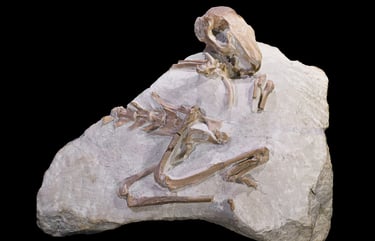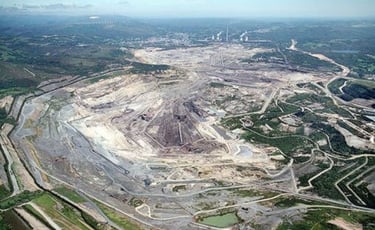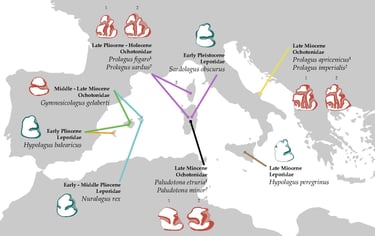

I reconstruct the biology and the evolutionary dynamics of extinct lagomorphs (pikas, hares and rabbits) and other mammals to evidence in how the environmental and climatic changes (e.g. temperature shifts) or the colonization of new habitats (e.g. islands) impacted on their biological strategy. My research allows to comprehend the ecological roles of these extinct taxa, as well as the variation of their biodiversity through time and global evolutionary trends.
Research lines




Photo: edCreativo
Photo: D. Descouens
CC BY-SA 3.0.
Oligocene-Miocene ecosystems of Galicia
(NW Iberian Peninsula)
Eco-evolutionary adaptations of
extinct lagomorphs to insularity
Biological responses of extinct lagomorphs to climatic changes
Islands are suitable ecosystems for studying evolution, and are considered for paleontologists, zoologists and geneticists as natural laboratories. Fossil remains recovered there are characterized by extreme size shifts: large mammals become dwarfs, whereas small ones get giant morphotypes (trend coined as island rule). Although this is the most clear shift, mammals experienced a set of evolutionary responses to these particular environments.
My research line aims at unraveling the evolutionary adaptations of lagomorphs to insularity at different levels and reconstructing their biological strategy. For this, I use classical methodologies (e.g. allometry) but also cutting-edge techniques (e.g. paleohistology). Besides, these long-term databases of extant lagomorph can be useful for the management and preservation of extant ones (pushed to isolation by present climate change).
Research line funded by:
Spanish Government (AP2010-2393)
European Commission (HU-TAF-1206)
The paleontological record of lagomorphs is very rich, with many more species and genera than those occurred in current ecosystems. In this regard, only studying fossil faunas, we can deep and understand the evolution and biology of this taxonomical group.
On the basis of this large biodiversity and variation, this line has the main goal of researching on the ecological and evolutionary dynamics of lagomorphs in the deep-time, inferring several paramount biological traits (body mass, locomotion and diet) by means of statistical models, morphometric geometrics and microwear analysis respectively. The variation of these traits trough time is evaluated considering the abiotic and biotic traits of the inhabited environment. These works let us to anticipate which will be the lagomorphs's responses to new environmental conditions that could occur, e.g. climate change.
Research line funded by:
Xunta de Galicia (ED481B 2018/046 and ED481D-2022-013)
European Comission (101150677-REvoBBIT and AF-TAF-TA4-09)
Fossiliferous sites are not common in Galicia due to this region is formed by non-sedimentary rocks and its soils prevents fossilization (acidic and high-drainage). However, some special Cenozoic sedimentary basis have been identified, with an invaluable paleontological research interest. One of them is the sedimentary basis of As Pontes (A Coruña), which has been exploited by the electricity industry from 1972-2007. During brown coal extraction works, several fossil remains of plants and vertebrates have been recovered.
The aim of this research line is the taxonomical and ecological studies of the microvertebrates recovered in these sedimentary basis, specially from As Pontes. However, new explorations are being done in other basis (e.g. Laracha or Xanceda), in order to find new fossiliferous sites and remains. This research line is clue to unravel the past ecosystems of Galicia, and understand its role in the Iberian Peninsula during the Oligocene-Miocene.


